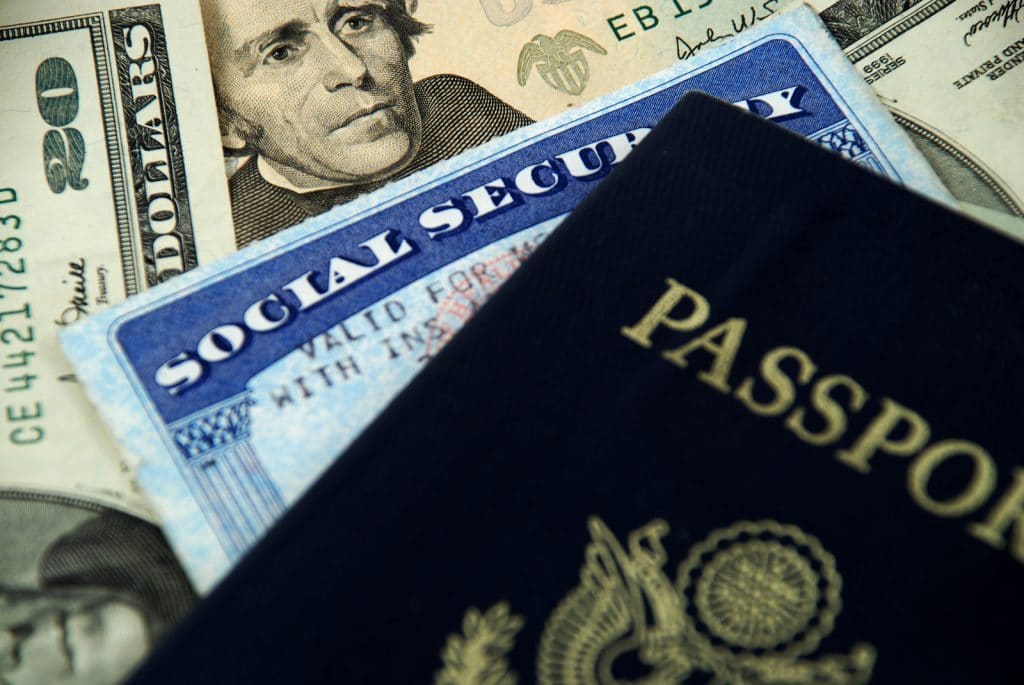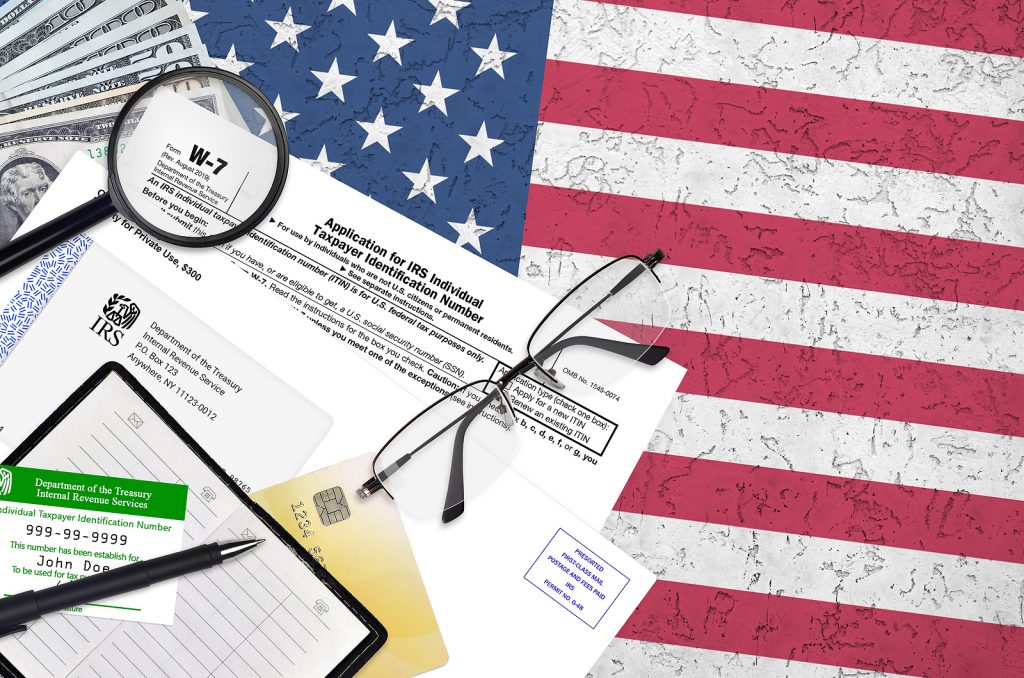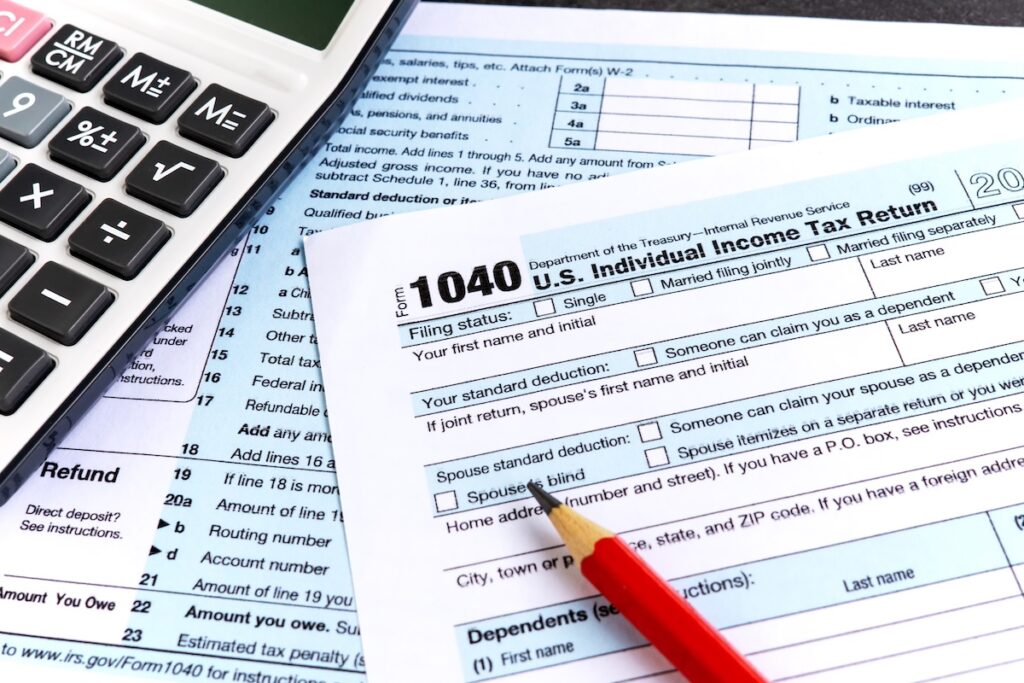Social Security for Americans Living Abroad
December 27, 2024 | Social Security | 5 minute read
Expat Tax Blog. Tax Tips for US Americans abroad.
Updated January 27, 2025
 All blogs are verified by Enrolled Agents and CPAs
All blogs are verified by Enrolled Agents and CPAs
Updated January 27, 2025

US Social Security is a federal program set up by the Social Security Administration that provides benefits for unemployed, disabled, or pensioned people within the US. Even if you living abroad as an American, Social Security tax obligations may still follow you, with the addition of foreign Social Security requirements on top.
Social Security Contributions for US Employees Abroad
If you’re an expat working for a US company abroad, your employer and you must contribute to US Social Security as a percentage of your salary. For US citizens working in a foreign country, under a foreign employer, or as a self-employed person, you may be exempt from one Social Security tax if the country has a US totalization agreement.
Social Security for Self-Employed Expats Living Abroad
If you’re a self-employed US expat earning over $400, you may be required to pay US self-employment taxes, which include 12.4% for Social Security and 2.9% for Medicare.
If you live in a country with a totalization agreement with the US (such as Canada, the UK, or Germany), you might be able to avoid paying the 12.4% Social Security tax, as the agreement ensures you’re only contributing to the Social Security System in one country, not both.
What Are Totalization Agreements?
A totalization agreement is an agreement between the US and 30 other countries to reduce or eliminate dual taxation for Americans working abroad. Additionally, the US cannot impose dual taxation on foreigners living and working in the US.
The totalization agreements ensure US expats pay Social Security to at least one country, depending on employment duration, contract type, and location. With a totalization agreement, US expats are assigned a country based on the following:
- Territorial Rule: The expat may be assigned to pay Social Security in only one country, typically the country where they live and work.
- Detached Worker Rule: If the expat is temporarily assigned abroad, they may remain covered under the US Social Security system and pay only to the US, even while working in a foreign country
Self-employed expats will often have to pay Social Security to both countries unless otherwise outlined in the specific countries’ totalization agreement.
Countries with Totalization Agreements:
Social Security Benefits and Taxation
US Social Security benefits can be considered taxable income, which means they are subject to taxation worldwide. The IRS treats Social Security like any other income to determine your tax liability, which is why up to 85% of your benefits are taxable. Generally, there will be a tax treaty benefit set forth to ensure social security-funded benefits, like Social Security or foreign state pension income, are only taxable by one country.
Issues with Social Security benefits can arise, though, when there is no tax treaty between the host country and the US. For instance, expats may be unable to access their funds after six months if their host country does not have a totalization agreement.
To complicate things further, Social Security benefits are not eligible for the Foreign Earned Income Exclusion. This increases the risk of double taxation, but it can be countered using the Foreign Tax Credit.
Key Reporting Requirements for Expats
Any major life changes must be reported to the Social Security Administration so they can determine your payments. The changing process is straightforward and requires a trip to your local US Embassy or Consulate.
Here are some other life changes that require you to report to the administration:
- Address updates
- Marital status changes
- Adoption or changes in dependency
- Death of a dependent or benefit recipient
Failure to report these changes may lead to overpayments, which you’ll need to repay, and could even halt your benefits.
How to Receive US Social Security Benefits Abroad
For expats to start receiving US Social Security benefits while living abroad, they need to meet the following criteria:
- 10 years of work and paying into the system, or 40 work credits. To receive one credit for work, an individual must make at least $1,730 in income in 2025, earning a maximum of four credits per year.
- You must be living in a country that allows US Social Security payments. Check Country List 2 and Country List 3to determine if there could be possible interruptions.
This tool by the Social Security Administration finds out if you can receive Social Security benefits outside the US.
Expat Tip: Set up direct deposit with a US bank to receive your Social Security payments faster, as foreign bank deposits can be delayed.
MyExpatTaxes is Ready to Help!
We understand there is a lot of information to take in. If you have any questions regarding Social Security benefits, retiring overseas, or other topics, you are welcome to check out our Tax Guides section. Otherwise, feel free to contact us through our website.
We aim to satisfy every customer and make them feel stress-free about expat taxes. Our app gladly supports US and foreign Social Security benefits. It applies to the most relevant treaties, ensuring you never face double taxation!
See Why US Expats From Around the World Love Us!
Easily file regardless of how complex your US expat tax situation is.
Been here before? Sign in!


Written by Nathalie Goldstein, EA
Nathalie Goldstein, EA is a leading expert on US taxes for Americans living abroad and CEO and Co-Founder of MyExpatTaxes. She contributes to Forbes and has been featured in Forbes, CNBC and Yahoo Finance discussing US expat tax.
December 27, 2024 | Social Security | 5 minute read





